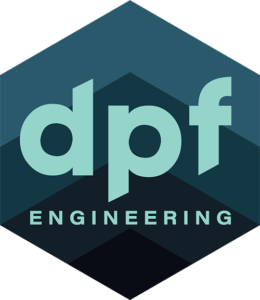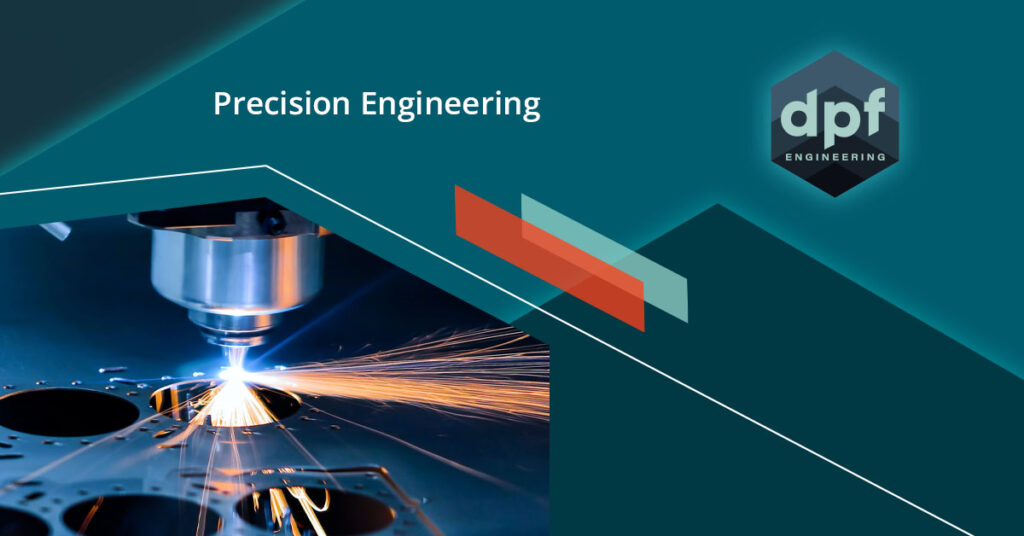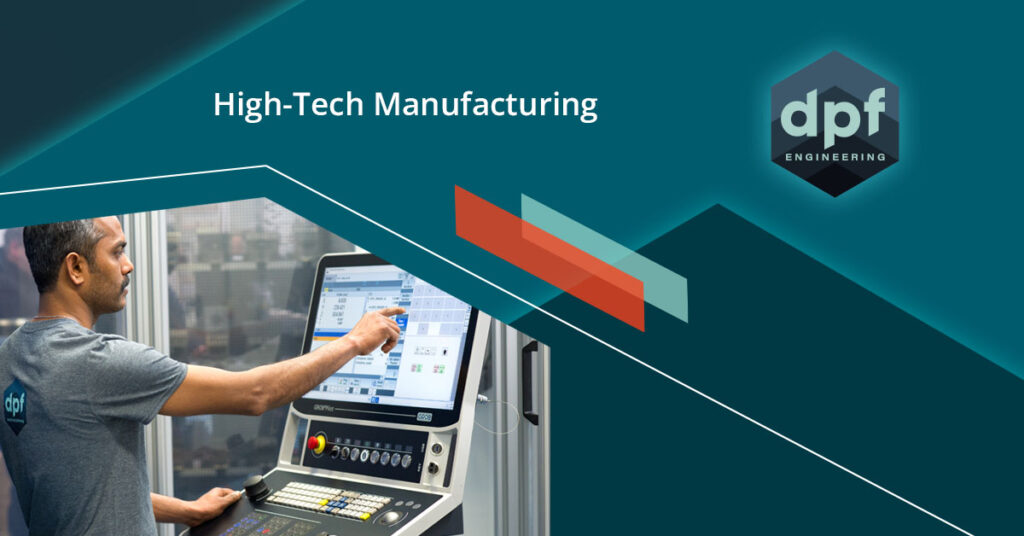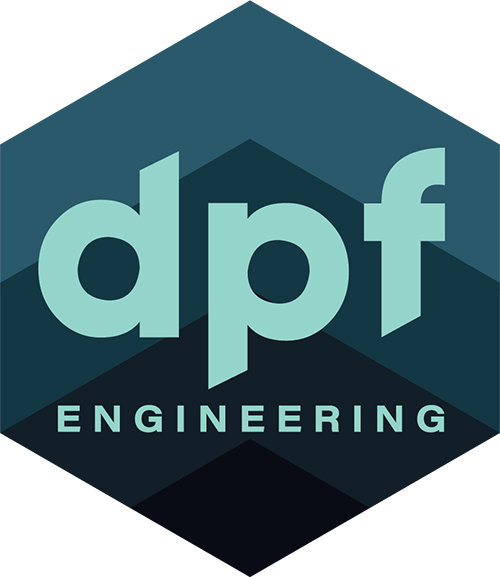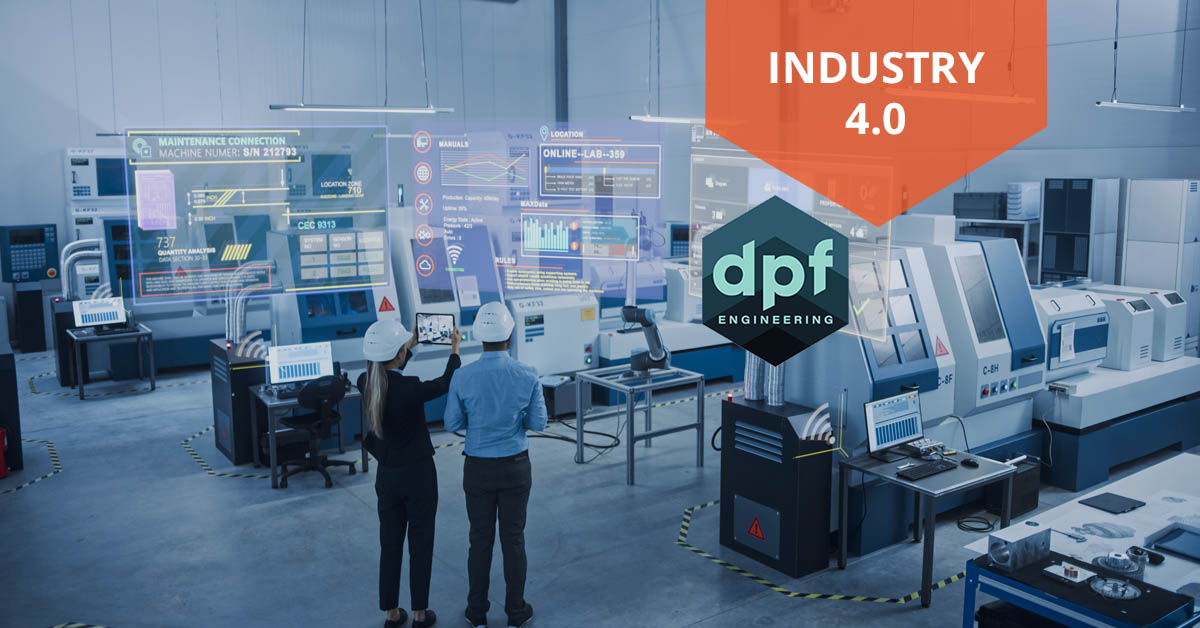
The future of machining is very promising. Advances in technology enable more efficiency with precision machining processes allowing for the production of higher quality parts – faster, less waste and with micron accuracy. New materials, such as composites and alloys, are being used to create parts that are stronger and lighter than ever before, leveraging clean precision manufacturing technology to streamline processes.
Automation and robotics are also becoming increasingly prevalent in CNC machining processes, allowing for increased production speeds, reduced labour costs, and improved accuracy.
While machines will continue to be used to complete many manufacturing tasks, humans will still play a significant role, not least in the maintenance and upgrade of CNC machines to ensure optimal output. Highly skilled and adept operatives will still be required to ensure compliance and adherence in this highly regulated industry. New advances will require additional learning to extract the greatest benefits from the technology. The technology on its own isn’t enough. The software needs to be expertly programmed to perform its task. Experience is crucial in this respect on how best to ensure novel technologies are being utilised effectively.
At DPF, we pride ourselves on our constant and never-ending pursuit of excellence. Our ‘Centre of Excellence’ underscores the importance of skills advancement and process improvement. We invest in high tech CNC manufacturing equipment and software to ensure we remain at the cutting edge of new machining technology trends.
Keeping Pace with Technology
Technology advances at the speed of innovation. Ground-breaking technologies seen today would have been almost unimaginable a decade ago. In automation, the 6-axis CNC machine is just one example. Market conditions and sentiment will also dictate the path technology takes. There is a growing onus on sustainability, reducing waste and adopting carbon neutral or net zero practices. Increased level of automation, local manufacturing, shorter project life cycles with high response rates will be more commonplace.
It is critical to embrace change and adapt the working environment accordingly. At DPF, we have invested in the future. A new 33,000 sq ft premises, continuing to develop cutting edge state-of-the-art machinery, and investing in our most important asset – our workforce – upskilling where necessary, all leads to fully optimising the best technologies and passing those insights to our clients.
Quality and traceability requirements will continue to surge with the constant pressure to cut costs and reduce tied capital. More will be required from less. Processes supporting CNC machining (washing, measuring, finishing, etc) are becoming more integrated into automation systems resulting in higher process level designing which will make production management tools indispensable.
The industry will continue to evolve, but the pace at which it does so depends on technological advances, their integration into the project life cycle, the costs associated with manufacturing, global trends and the availability of skilled personnel to oversee and manage the entire process.
The highly competitive industry of precision machining and its role in manufacturing relies on the engagement of the next generation of young employees to push the envelope. Experience is critical in this industry, but having the right blend of expertise twinned with creative energy can help many companies improve their methodology, create a knowledge-share of key insights and ultimately produce a high quality solution for clients where quality continues to shine.
At DPF, we are always looking for talented and passionate people to join our team. We have a number of vacancies listed which range from apprentices to engineers. You can learn more about these opportunities by checking out our careers section.
